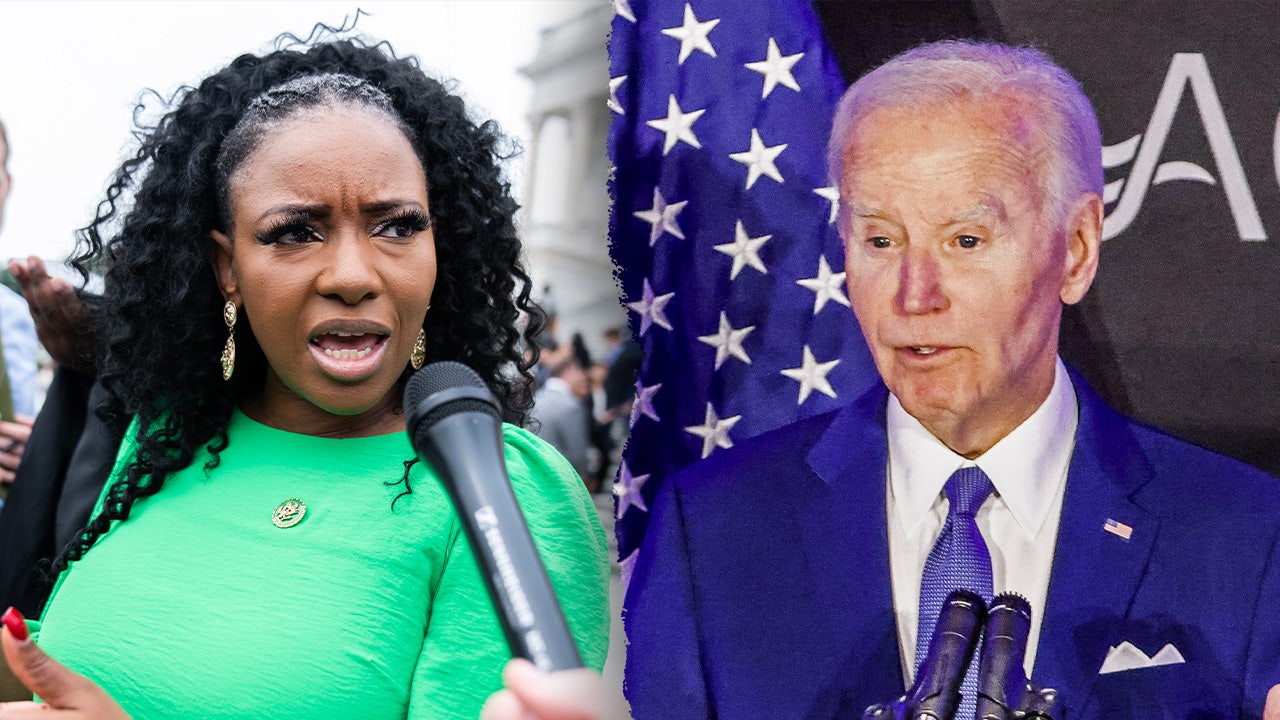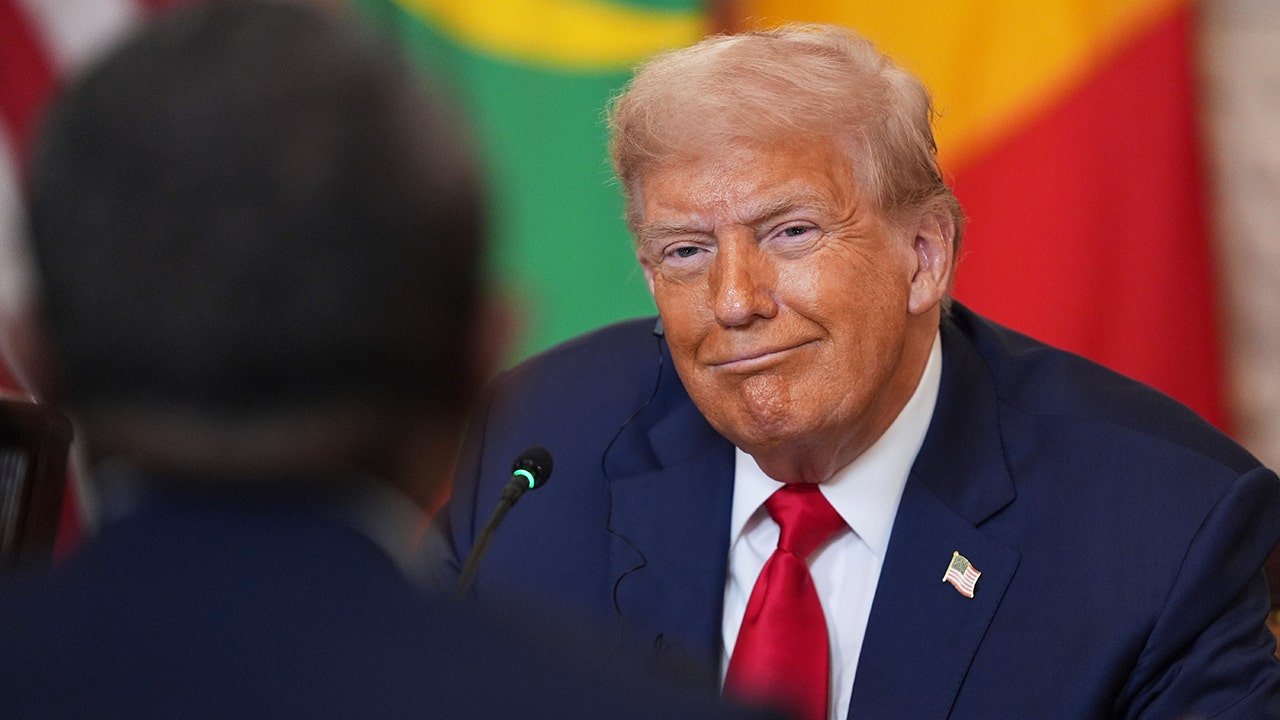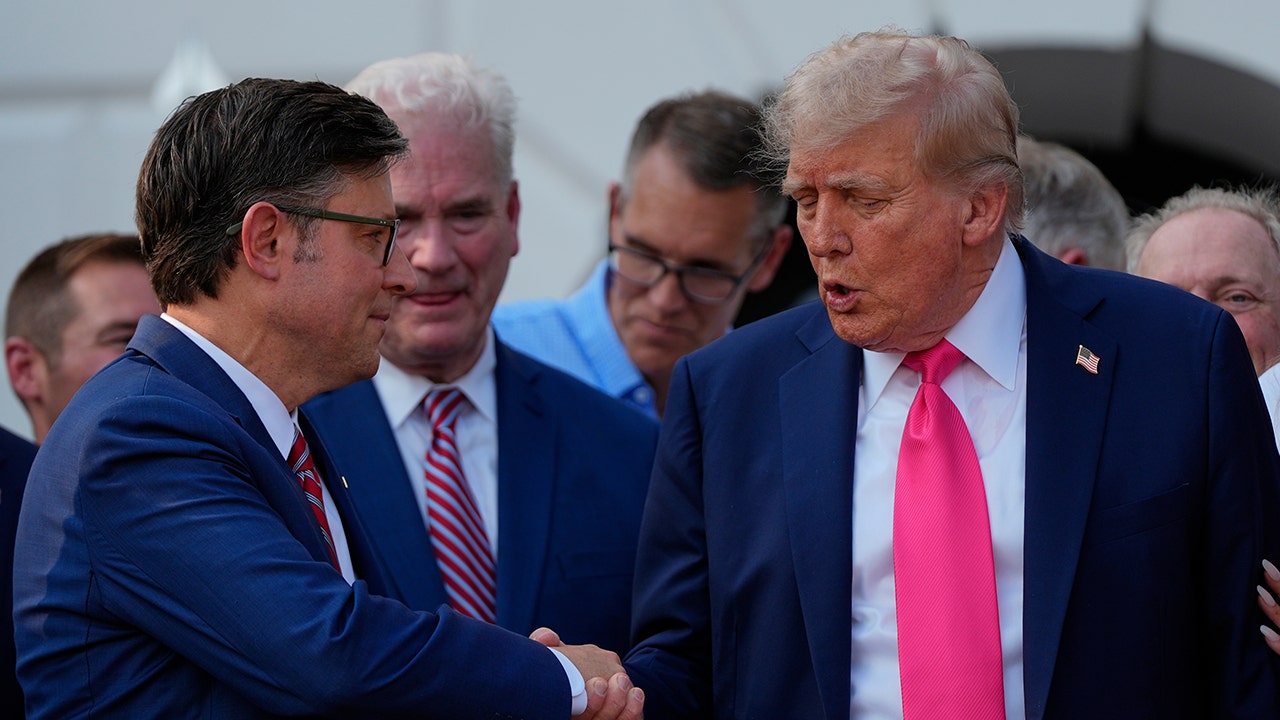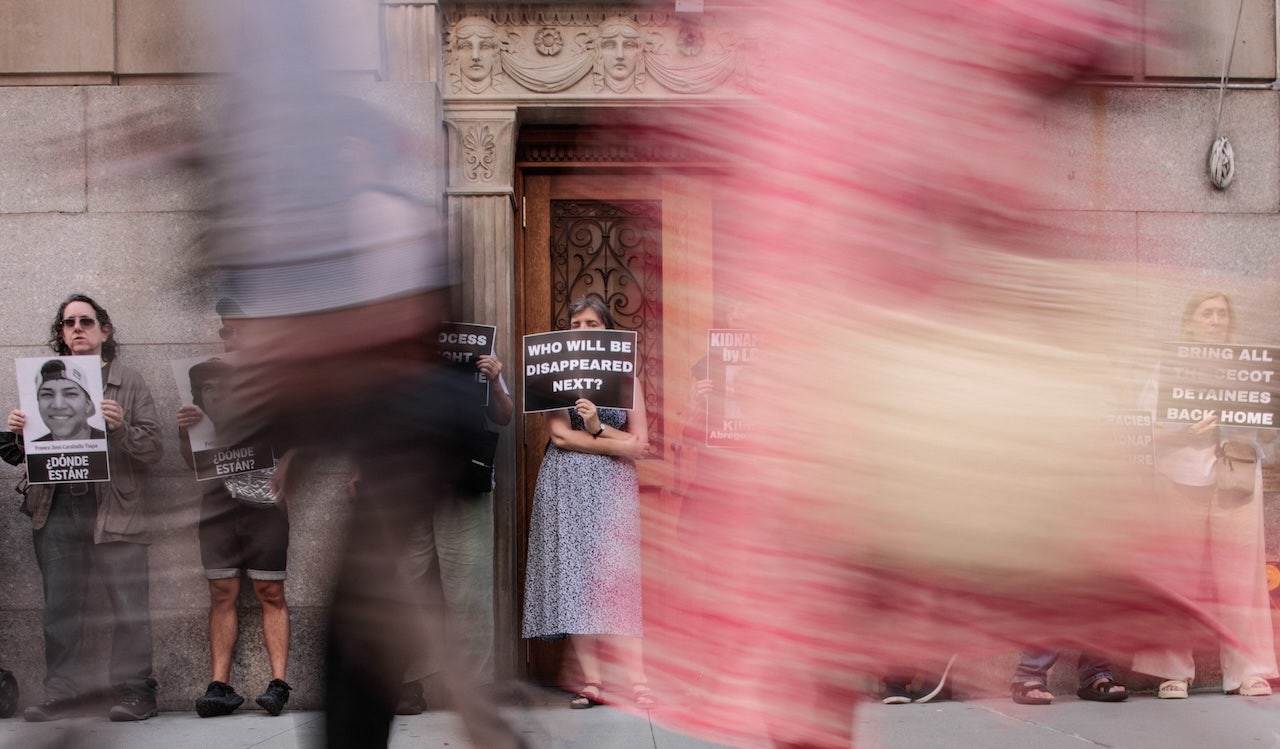Twelve states sue Trump over tariffs
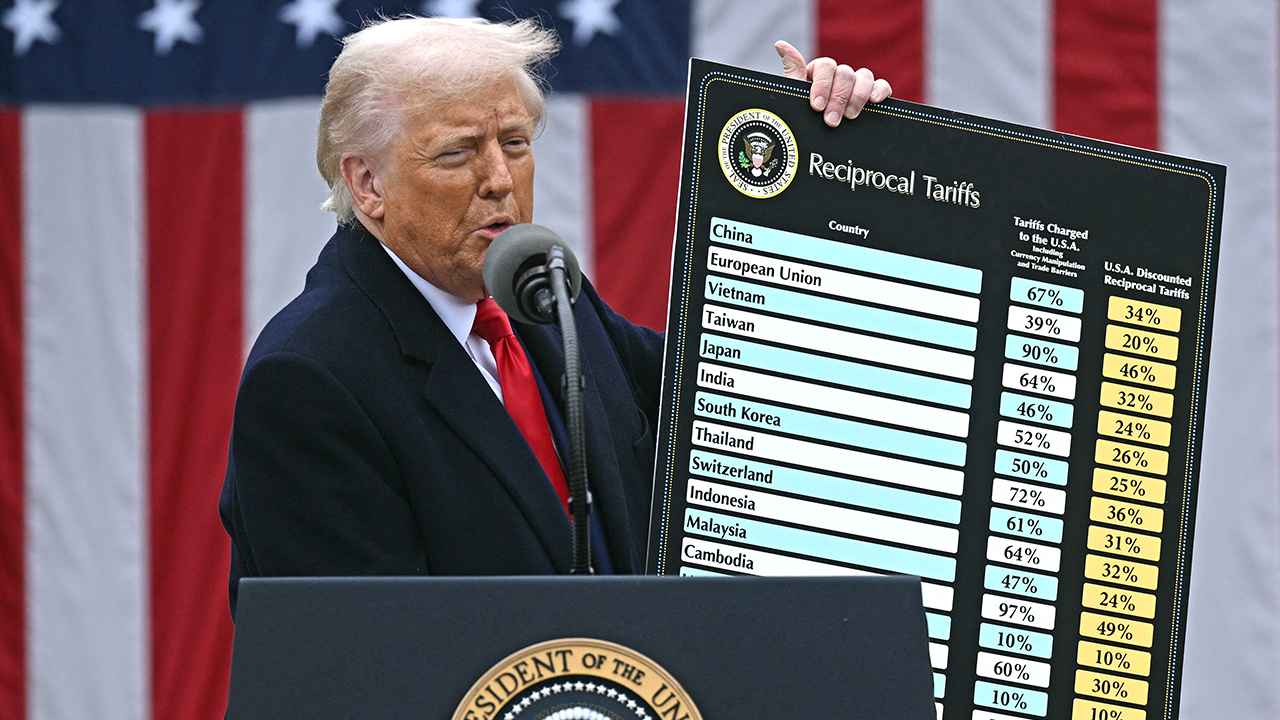
President Donald Trump’s sweeping tariffs are facing a major legal challenge from New York and 11 other states, who argue the president overstepped his authority and put the U.S. economy at risk by imposing them without congressional approval. The lawsuit, filed in the U.S. Court of International Trade, challenges Trump’s use of emergency powers under the International Emergency Economic Powers Act (IEEPA) to impose broad tariffs on imports from countries worldwide.
White House spokesman Kush Desai responded exclusively to Fox News Digital, accusing Democrats like Letitia James of prioritizing a witch hunt against President Trump over protecting the safety and well-being of their constituents. Desai emphasized the Trump administration’s commitment to using its full legal authority to address national emergencies, such as illegal migration and the U.S. goods trade deficit.
The 12 states involved in the lawsuit argue that the Constitution grants Congress, not the president, the power to impose taxes and tariffs. They claim that the IEEPA was never intended to authorize trade policy on such a large scale. Governor Kathy Hochul stated that President Trump’s tariffs have increased costs for consumers and caused economic chaos, leading New York to fight back against what they deem as the largest federal tax hike in American history.
New York Attorney General Letitia James asserted that the president does not have the power to raise taxes arbitrarily and labeled his tariffs as unlawful. Since February 2025, President Trump has signed multiple executive orders imposing tariffs on countries like Canada, Mexico, and China, citing national emergencies like drug trafficking, illegal immigration, and unfair trade practices as justification. However, the states in the lawsuit argue that these justifications are vague and legally insufficient.
The IEEPA, enacted in 1977, allows presidents to respond to specific international threats. The lawsuit claims that no president has used it to impose tariffs in the 48 years since its passage. The legal challenge asserts that the new tariffs were imposed without congressional approval or the necessary legal findings. It also argues that the tariffs are not connected to any specific threat, as required under the IEEPA. The states claim that the tariffs will increase consumer prices, drive inflation, lead to job losses, and create economic instability.
Supporters of the Trump administration view the tariffs as a bold move to protect American industries and address trade imbalances. President Trump has framed the measures as a way to make the country wealthy, but the lawsuit paints a different picture of legal overreach and a lack of transparency. It warns that allowing President Trump’s actions to stand could set a dangerous precedent for future presidents to impose taxes under emergency authority.
Governor Hochul and Attorney General James, both vocal critics of the Trump administration, have frequently clashed with the president on various issues. This lawsuit marks another high-profile confrontation between the two sides. Alongside New York, attorneys general from 11 other states have joined the case, seeking to block further enforcement of the tariffs and declare the orders invalid under both the Constitution and federal law.
The coalition of states is pushing back against what they see as an overreach of presidential power and a threat to the U.S. economy. The outcome of this legal challenge could have significant implications for the future of trade policy and the balance of power between the executive and legislative branches.

